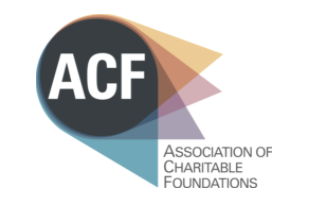Small foundations may be limited by resources and time but have a “structural advantage” over their larger counterparts in the grant making sector, a report has found.
Their set ups mean they can pursue “ambitious and effective practice” and improving the impact of their funding.
This is because they are often better connected to local communities, have “agile” decision making structures and are less bureaucratic.
They are then able to ‘stick or twist’ with their objectives more flexible, says the report, which has been published by the Association of Charitable Foundations (ACF).
Highlighted in the report are 10 ‘pillars of practice’ for smaller foundations. These include strengthening governance and diversity and investing responsibly.
⭐️NEW⭐️
— ACF (@ACFoundations) November 25, 2021
Short report highlights 10 ‘pillars of practice’ that smaller foundations are particularly well-placed to pursue, whatever their remit, level of resource, or operating model
The pillars were selected with input from ACF’s Smaller funders networkhttps://t.co/c4lEZxib9S pic.twitter.com/CzAAlYI2dZ
“Smaller foundations are the lifeblood of our sector – their commitment and creativity is truly inspiring,” said ACF chief executive Carol Mack.
“As this report brings out so clearly, it is a complete myth that foundations need lots of staff and resources to make a difference to the communities and causes that they care about.”
More than a third of ACF members have an annual expenditure of grants below £250,000, with half giving less than £500,000 each year.













Recent Stories